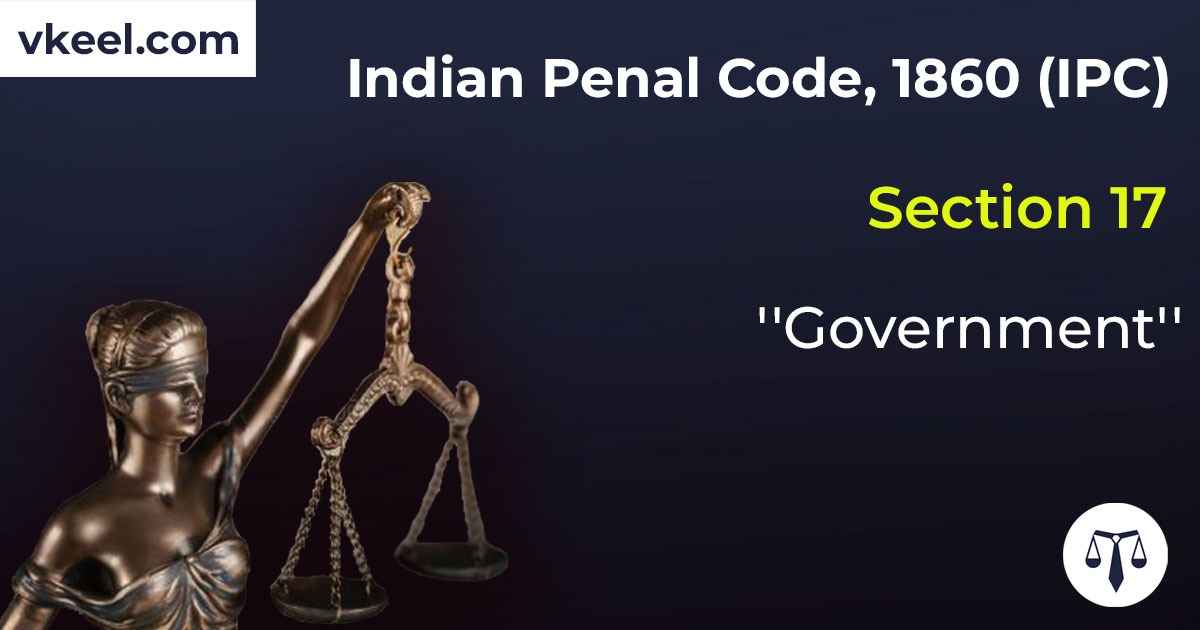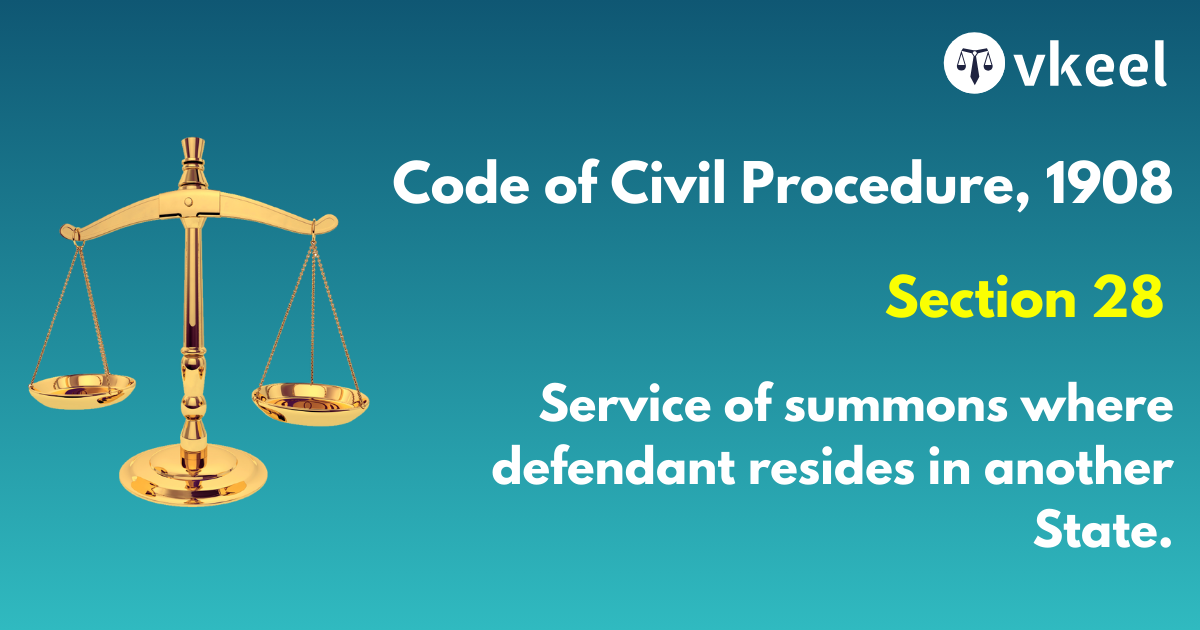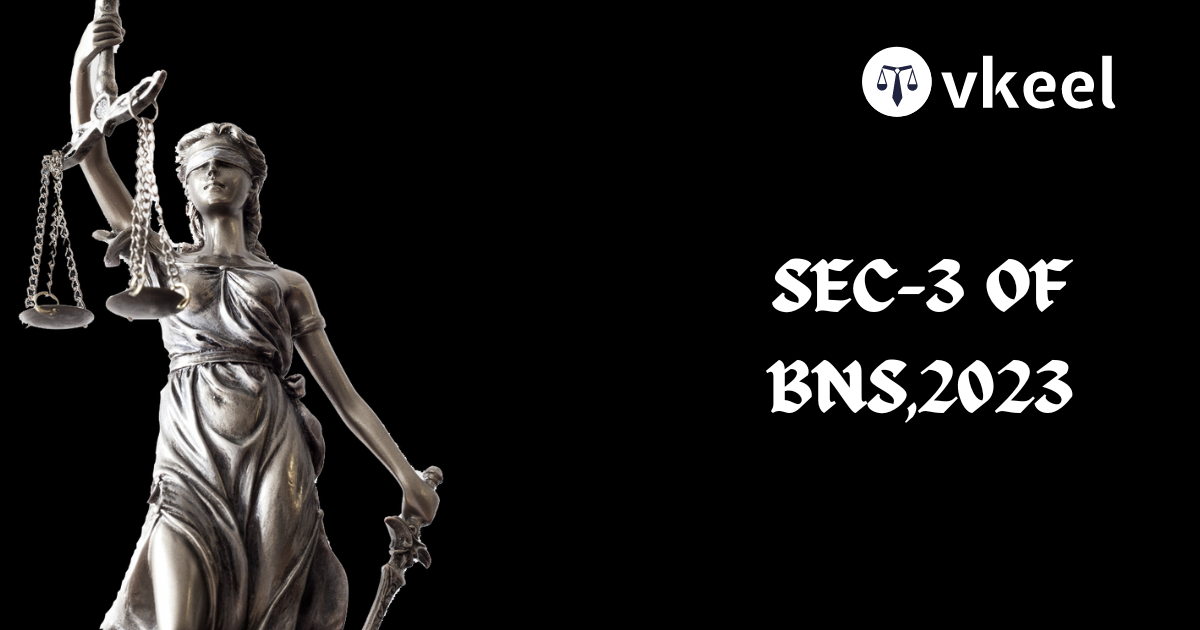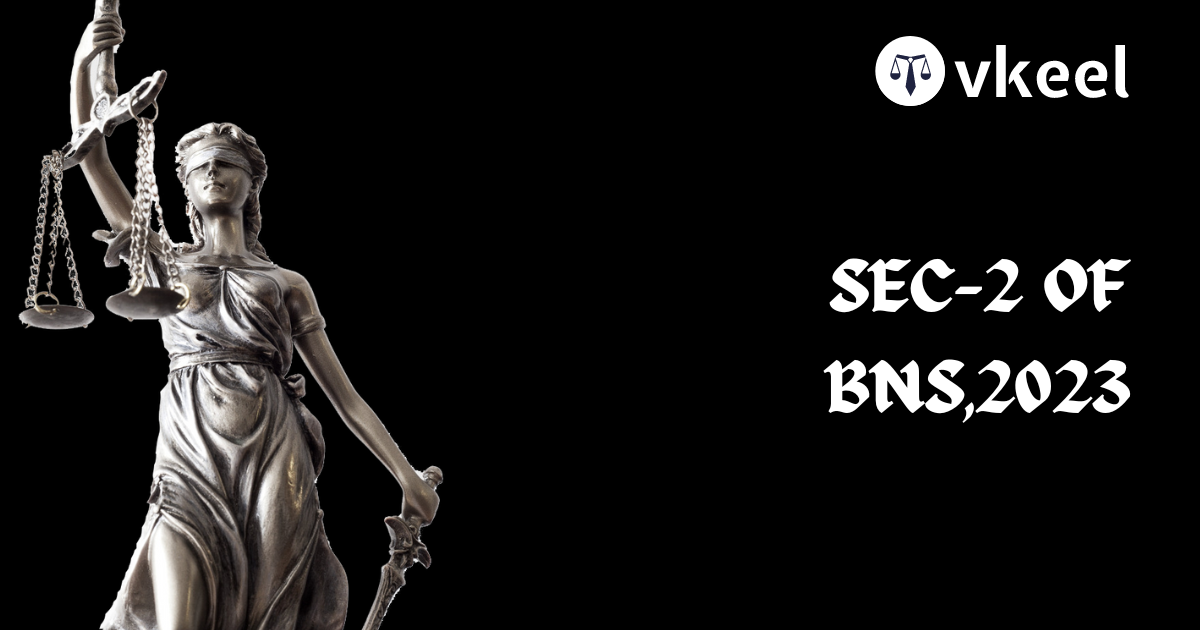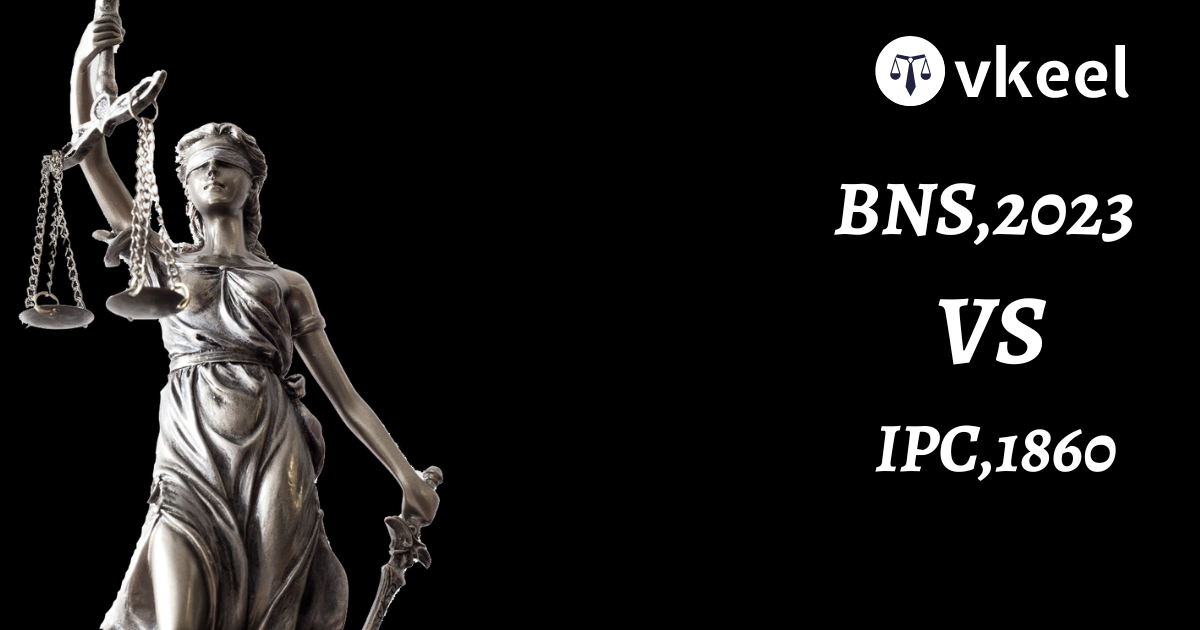Section 17 Indian Penal Code 1860 (IPC) – “Government”
By Vkeel Team
Table of Contents
Description
“Section 17 Indian Penal Code 1860 (IPC)”
1[The word “Government” denotes the Central Government or the Government of a 2***State.]
Introduction
Section 17 of the Indian Penal Code provides a definition of the term “Government” for the purpose of interpreting the provisions of the IPC. This section is essential in determining the scope of the IPC’s application and defining the entities that can be held liable for offenses committed under the law.
The Definition of “Government”
The section defines “Government” as the “Central Government or the Government of a State.” This definition includes any institution, body, or organization that is legally empowered to perform public functions and exercises any governmental authority.
The definition of “Government” also includes all departments of the Central Government or the Government of a State, as well as any entity that is directly or indirectly controlled by the Central Government or the Government of a State.
Central Government and State Government
The term “Central Government” refers to the government of India, which exercises authority over the entire country, including its territories and states. The term “Government of a State” refers to the elected government of a specific state in India.
The Departments of the Government
The definition of “Government” includes all departments of the Central Government or the Government of a State. This refers to all agencies and organizations that are established by law to carry out specific governmental functions.
For instance, in the case of the Central Government, departments may include the Ministry of Home Affairs, the Ministry of Finance, the Ministry of Defence, or any other department that is established by law to perform specific functions.
Similarly, in the case of the Government of a State, departments may include the Department of Health, the Department of Education, the Department of Agriculture, or any other department that is established by law to carry out specific functions.
Entities Directly or Indirectly Controlled by the Government
The definition of “Government” also includes any entity that is directly or indirectly controlled by the Central Government or the Government of a State. This includes public sector undertakings, statutory corporations, and other bodies that are established or controlled by the Central Government or the Government of a State.
For instance, public sector undertakings such as the Steel Authority of India, the Oil and Natural Gas Corporation, and the National Thermal Power Corporation are considered to be entities that are directly or indirectly controlled by the Central Government.
Statutory corporations such as the Airports Authority of India, the National Highways Authority of India, and the Food Corporation of India are also considered to be entities that are directly or indirectly controlled by the Central Government or the Government of a State.
Authorities and Persons Legally Authorized
The definition of “Government” also includes all authorities and persons who are legally authorized to perform any public duty under the laws of the country. This includes officers and employees of the Government, such as police officers, judges, and other public officials, who are empowered by law to perform their duties and enforce the law.
Additionally, private citizens who are authorized by law to perform a public duty are included under the definition of “Government.” This includes witnesses, informants, and others who are authorized by law to assist in the investigation and prosecution of crimes.
Conclusion
In conclusion, Section 17 of the IPC defines “Government” for the purpose of interpreting the provisions of the IPC. The definition includes the Central Government and the Government of a State, as well as all departments of the Central Government or the Government of a State.
Additionally, the definition includes any entity that is directly or indirectly controlled by the Central Government or the Government of a State, such as public sector undertakings and statutory corporations.
This definition is essential for determining the scope of the IPC’s application and clarifying the entities that can be held liable for offenses committed under the law. It provides a comprehensive definition of “Government” that includes all entities that exercise governmental authority or perform public functions under the laws of the country.
1. Subs. by the A.O. 1950, for section 17.
2. The word and letter “Part A” omitted by Act 3 of 1951, s. 3 and the Sch.
Desctiption Source: indiacode
Disclaimer:
The information provided in the article is for general informational purposes only, and is not intended to constitute legal advice or to be relied upon as a substitute for legal advice. Furthermore, any information contained in the article is not guaranteed to be current, complete or accurate. If you require legal advice or representation, you should contact an attorney or law firm directly. We are not responsible for any damages resulting from any reliance on the content of this website.

